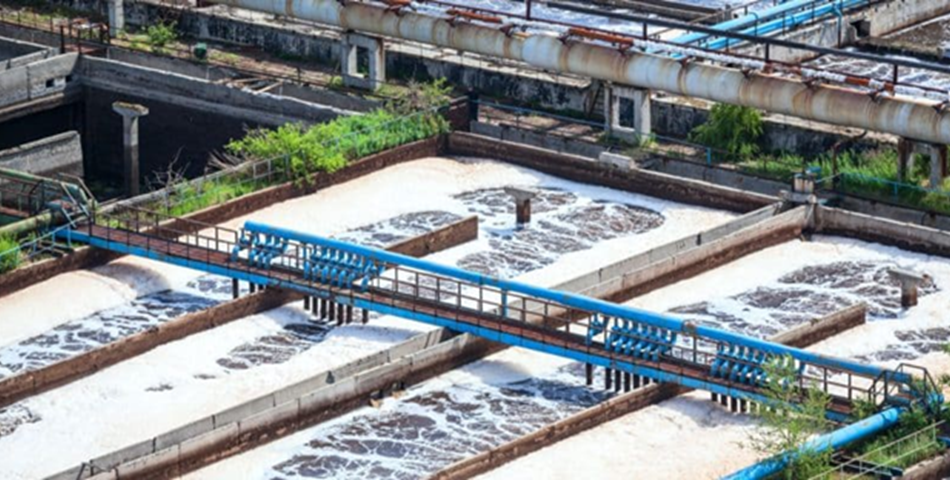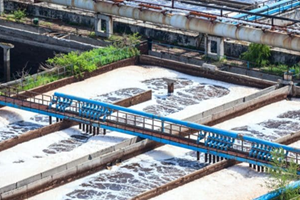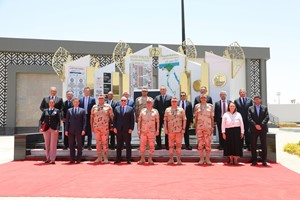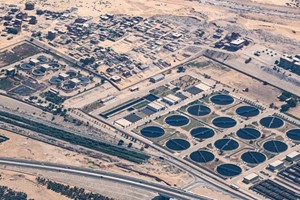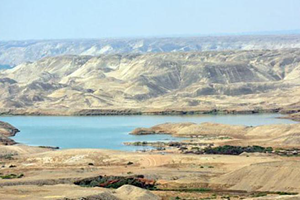Quartet Textile agrees to treat its wastewater to reduce industrial pollution in Egypt. On 27 September 2022, the Egyptian textile manufacturing company approved a project to build a wastewater treatment plant near its premises.
The Industrial Pollution Abatement Programme (IPAP) continues in Egypt. In its third phase, the programme will see the construction of an industrial wastewater treatment plant in Sadat, a town in the Menufeya governorate, in the coming months. The treatment plant will take care of the effluent of the Egyptian company Quartet Textile, which specialises in textile manufacturing.
In this North African country, the textile industry is partly responsible for pollution. Wastewater is discharged into irrigation systems, which pollute crops, and into waterways, posing a risk to aquatic biodiversity. The Quartet plant will have a treatment capacity of 3,500 m3 of effluent per day, according to the Egyptian Ministry of the Environment. The treated wastewater will be returned to nature.
Commissioning in February 2023
The Egyptian authorities expect the Quartet Textile Company wastewater treatment plant to be delivered in February 2023. 6 million will be required to cover all expenses related to the wastewater treatment project. 152.3 million budgeted for the implementation of Phase III of the Epap programme.
In August 2022, the European Union (EU) awarded a grant of 4 million euros to the country of the pharaohs for this component of the programme. The rest of the funding is provided by the European Investment Bank (EIB), the French Development Agency (AFD) and the German development agency Kreditanstaltfür Wiederaufbau (KfW).
The Industrial Pollution Control Programme will also help Egyptian industry to improve its performance and comply with environmental laws and regulations, as well as reduce energy and resource consumption in order to promote sustainable development.



